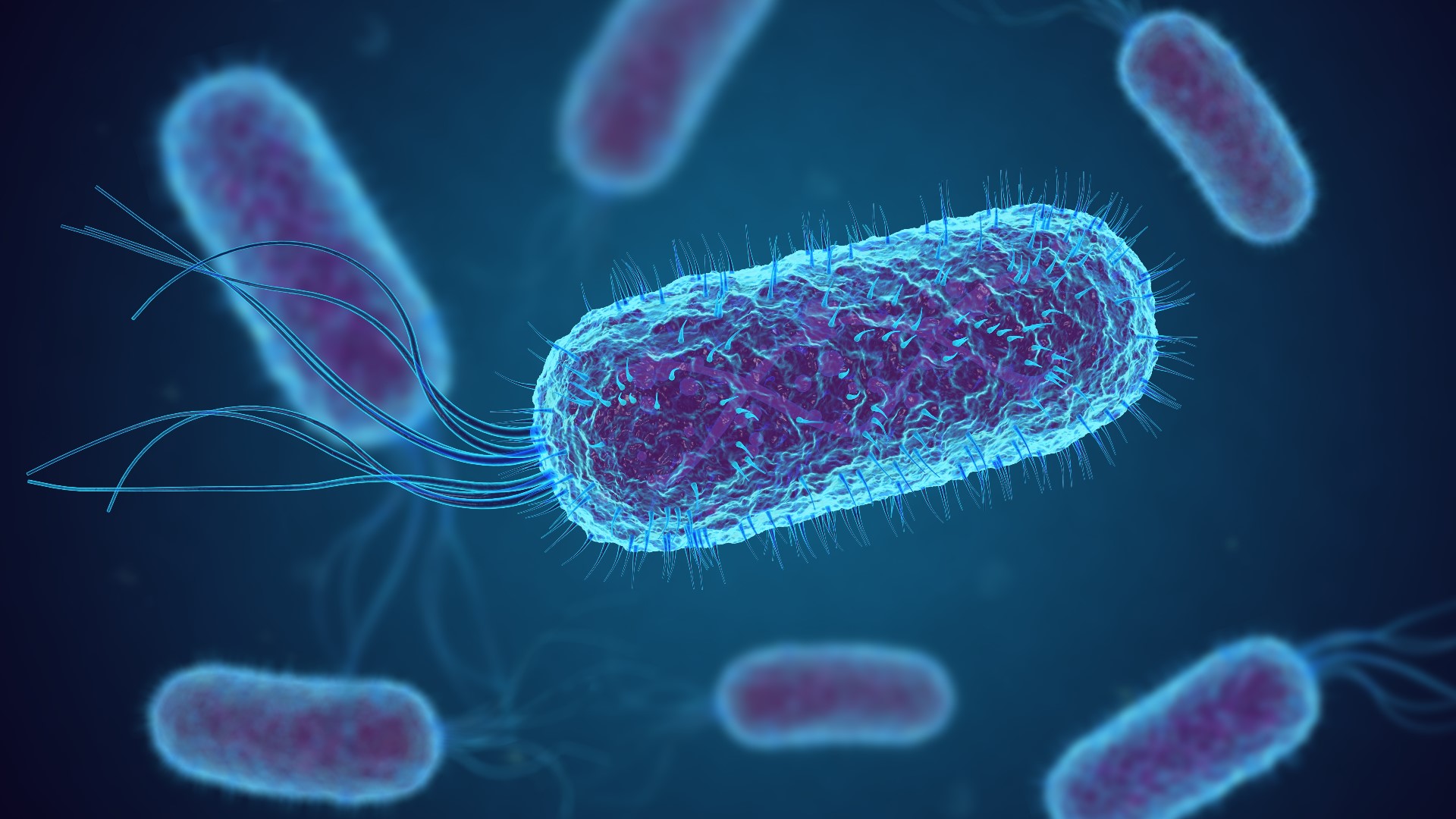FAYETTEVILLE, Ark. — According to the Arkansas Department of Health (ADH), there is a Shiga Toxin-Producing E. Coli outbreak in Northwest Arkansas, and it is impacting students at the University of Arkansas.
Students are being asked to take preventative measures amidst the outbreak. On Wednesday, Aug. 23, the university emailed students notifying them of the outbreak. According to the email, this started more than a week ago. The email goes on to say illnesses had been reported among students who attend UA and that they're aware of a few hospitalizations related to the outbreak.
The university says it's working closely with the ADH to investigate the source, provide guidance and help prevent additional infections. Their focus is to stop the spread and to provide guidance for students.
The email explained that E. coli is a bacteria that normally lives in the intestines. People infected with the Shiga Toxin-Producing E. coli can experience severe stomach cramps, vomiting and diarrhea that can often be bloody. The email also says most recover without treatment after five to seven days. Officials say kidney failure is possible and would require hospitalization. These symptoms can start three to four days after swallowing the bacteria, according to officials.
The email provided the following guidelines for the public:
Seek medical attention right away if you have any severe E. coli symptoms, including:
- Diarrhea and fever higher than 102°F
- Diarrhea for more than 3 days that is not improving
- Bloody diarrhea
- Excessive vomiting that you cannot keep liquids down
- Signs of dehydration, such as decreased urination, dry mouth, and throat, dizziness when standing up
Prevention:
- Practice proper hygiene, especially good handwashing.
Practice other general E. coli prevention practices including:
- Cooking meats thoroughly
- Washing fruits and vegetables well underwater
- Avoiding cross-contamination
- Avoiding raw milk
- Unpasteurized dairy products, and unpasteurized juices
- Following the four steps to food safety when preparing food: 1. clean 2. separate 3. cook and 4. chill.
For more information
- Foodborne Disease Arkansas Department of Health
- E. coli (Escherichia coli) | E. coli | CDC (Centers for Disease Control)
- Please contact the ADH Outbreak Response Section via phone (501-661-2381) or email (ADH.ORSNurses@arkansas.gov) with any additional questions or concerns.
ADH Deputy State Health Officer Dr. Naveen Patil says that this is a serious illness, and that “The university is very proactive in encouraging students to wash their hands in cleaning common surfaces, and so on and so forth. But at this time, we would not recommend students stop their routine activities."
Food Safety Lawyer Bill Marler, who also teaches food law at the U of A, says that cases like this are fairly common, with about 73,000 cases a year in the U.S., “I would expect, unfortunately, that it's most likely a food product that contains a leafy green is the cause of this outbreak.”
5NEWS will update this story as more information becomes available.
Watch 5NEWS on YouTube.
Download the 5NEWS app on your smartphone:
Stream 5NEWS 24/7 on the 5+ app: How to watch the 5+ app on your streaming device
To report a typo or grammatical error, please email KFSMDigitalTeam@tegna.com and detail which story you're referring to.

